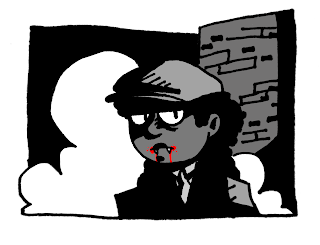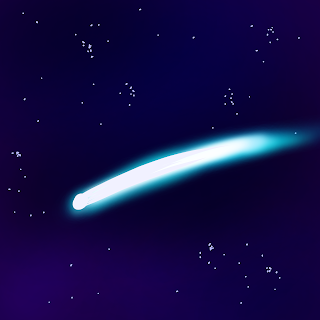The Gilda Stories (5 points)
While the novel does romanticize the idea of living forever at points, it also doesn’t leave out the downsides. With being able to witness new life and amazing advancements comes the downside of seeing the worst in humanity and harmful cycles continue. The original Gilda mentions how she supports abolition and the Civil War, but she is tired of witnessing death and wars after over 300 years of life. Being an immortal vampire invigorates them but also drains them, especially since, in Gilda’s teachings, being a vampire is about life, not death. This is another stark contrast to most other vampire fiction, where the vampires are surrounded by and are forced to indulge in death.
The novel makes the struggle of being a vampire far more existential and nuanced than that. Characters are forced to grapple with extended life, human nature, and having the ability to kill so easily while wanting to celebrate life. The pain these vampires feel, aside from the hunger for blood, is more in their hearts. People must choose their own deaths while leaving their loved ones behind, and those loved ones, such as Bird, have to live with the decision her lover made. She has to respect her wishes and carry on without her. It’s an extremely human approach to the vampire mythos even though it is based on things humans can never experience.
I found this tragedy almost beautiful in a way; the idea of living for as long as you want (mostly) without fear and choosing how you get to die seems appealing. Even the way the downsides are presented seems like a romantic idea. There’s a feeling that vampires in this book get to see the world as it truly is, and really appreciate that it focuses on the good in addition to the bad. It’s not oppressively sad, but it’s not saccharine either; it’s a great blend of romantic and grounded storytelling.



Comments
Post a Comment